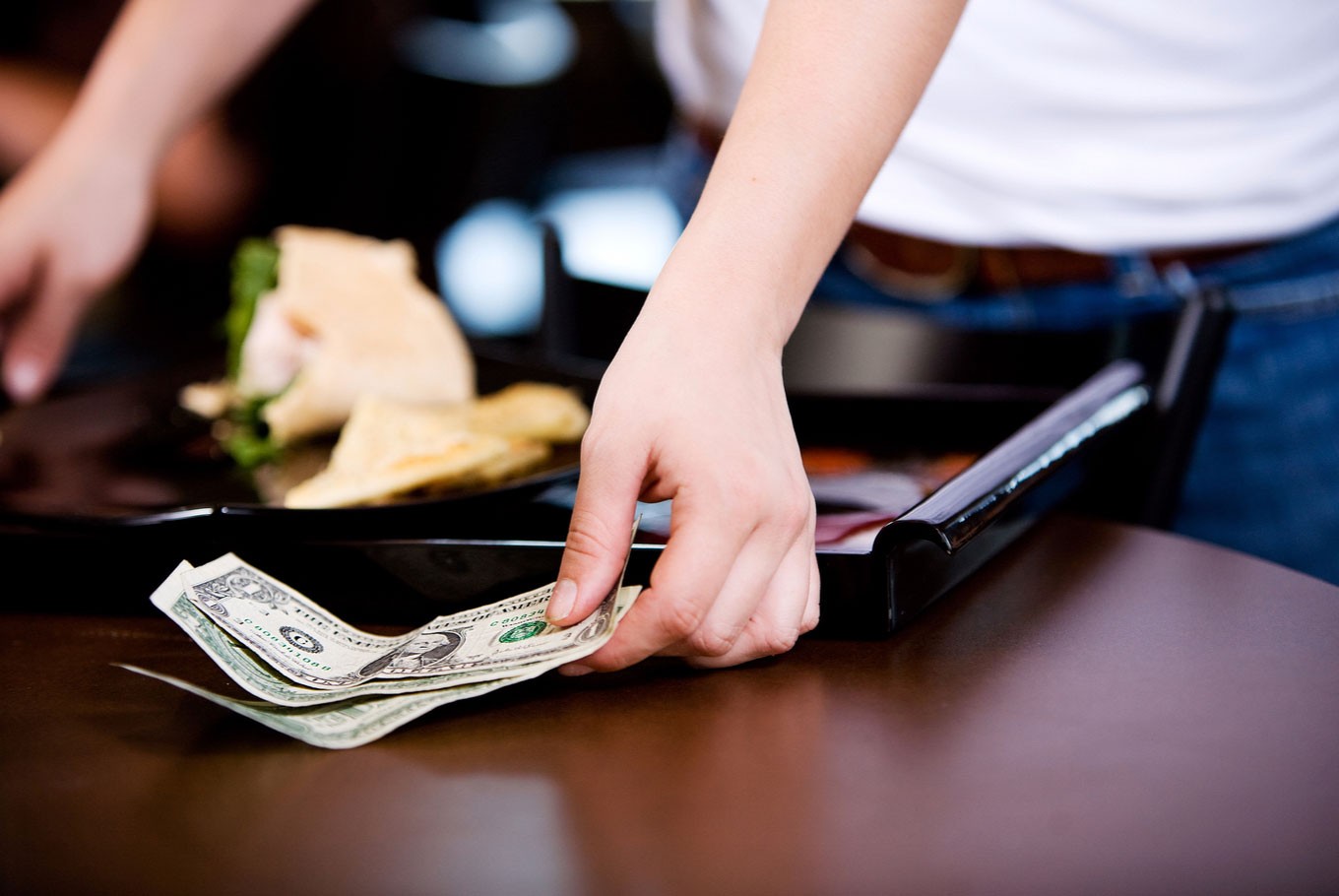Popular Reads
Top Results
Can't find what you're looking for?
View all search resultsPopular Reads
Top Results
Can't find what you're looking for?
View all search resultsWhy Americans tip waiters: A closer look at the US tipping norm
Common sense suggests that the better the quality of service, the higher the tip. Although this fact is true to a certain degree, according to the study, the quality of the service is not comparable to feelings of guilt.
Change text size
Gift Premium Articles
to Anyone
Tipping rules vary from one culture to another and the US has its own way.
Coming from a culture where tipping is less demanding, the American tipping norm is something new for me. In fact, my first culture shock in the US was when I received a bill with a tip calculator telling me how much to tip based on my meal purchase.
In general, Americans tip waiters in restaurants between 15 to 20 percent of their meal, and not giving a tip is considered rude. Not paying a tip is considered as bad as robbing the waiter because they do not get paid much. The question is why Americans feel it is obligatory to give tips to a waiter? Although many people think that good service is the main reason for tipping, a study has revealed that a feeling of guilt is the primary cause of high-tipping.
(Read also: Saving is (not) hard)
Taylor Smith, a waiter at a restaurant in Boulder, Colorado, argues that customers tip because they receive good service from the waiters. She thinks that customers will tip more if the waiter does a good job. She further explains that young people like herself tend to tip less than older people because they normally do not have much money. She believes that tipping involves a lot of human psychology. Everyone wants a different kind of service, and they have different criteria for what constitutes good service. Their tips will vary regardless of the waiter’s performance.
However, Michael Lynn, a professor at Cornell’s School of Hotel Administration and a former waiter at Pizza Hut, has another explanation. Americans tip waiters because they feel guilty about having people wait on them. His theory, which is also an idea introduced by anthropologist George Foster, works when Americans are having more fun than the person waiting on them. Waiters at a restaurant or a bar offer a good example. They are busy working while the customers enjoy the meal they serve. This theory reveals why Americans do not tip shop clerks or those who work at the post office; the customers are not having more fun than the servers.
(Read also: Mall canteens you should try in South Jakarta)
In his research, Lynn also found that good service and high-tipping have a weak relationship. That is, customers do not give good tips to waiters just because they get good service. He further explains that the quality of serving has the same effect with what the weather looks like and how the customers feel that day. Even if a server makes a mistake like spilling water on the customer’s table, he will still likely get a tip of at least 15 percent of the meal price.
Tipping is unpredictable. Common sense suggests that the better the quality of service, the higher the tip. Although this fact is true to a certain degree, according to the study, the quality of the service is not comparable to feelings of guilt. A very important takeaway from the study is that waiters should always do their jobs at their best and be grateful when they get high tips. On the other hand, they should not be discouraged when they get low tips because it does not necessarily mean that they provided poor service.
***
Made Soma is a foreign language teacher, a traveler and a lifelong leaner. He currently teaches Indonesian and English as foreign languages at the Green School, an international school in Bali. He can be found at www.madesoma.com.
---------------
Interested to write for thejakartapost.com? We are looking for information and opinions from experts in a variety of fields or others with appropriate writing skills. The content must be original on the following topics: lifestyle ( beauty, fashion, food ), entertainment, science & technology, health, parenting, social media, travel, and sports. Send your piece tocommunity@jakpost.com. For more information click here.











